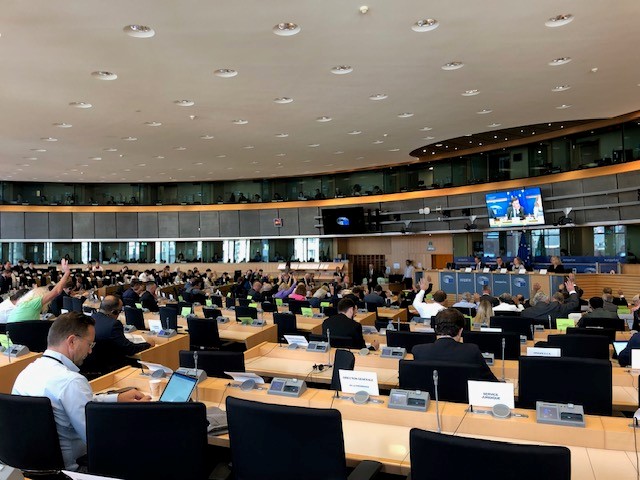High political tensions and polarisation have caused Montenegro’s EU accession process to stall, according to Foreign Affairs Committee MEPs in the report adopted on Wednesday.
While commending Montenegro’s long-standing commitment to EU integration, which continues to have a high level of public support, MEPs say the failure to build consensus on matters of national interest and a lack of cross-party dialogue have delayed progress on EU-related reforms and plunged Montenegro into deep political and institutional crises.
The report, adopted by Foreign Affairs Committee MEPs on Wednesday by 51 votes in favour, 3 against and 8 abstentions, stresses the urgent need for political stability and substantial progress in key EU-related reforms, in particular electoral and judicial reforms and the fight against organised crime and corruption. MEPs note the improvement in the prevention of corruption, welcome positive efforts made in the area of illicit trade, in particular in cigarette smuggling, and urge Montenegro to develop a comprehensive strategy to combat human trafficking and protect its victims.
Disinformation campaigns and economic dependence
MEPs welcome Montenegro’s continued full alignment with the EU’s common foreign and security policy, including all sanctions adopted following Russia’s war of aggression against Ukraine. The report also recognises Montenegro’s strategic alliance with the EU, and condemns any attempts by authorities in the country to question its NATO membership.
MEPs are seriously concerned by malign foreign interference, destabilisation efforts, hybrid threats and disinformation campaigns by foreign actors in Montenegro, notably those originating from Russia, China and Serbia.
Bearing in mind Montenegro’s previous indebtedness to China, MEPs call on the authorities to reduce the economic dependence on China and call on Montenegro to continue making use of the Economic and Investment Plan for the Western Balkans and the EU Global Gateway Initiative with a view to finding greener and transparent alternatives for financing infrastructure projects.
MEPs express concern about the deep political polarisation in Montenegro’s media landscape and the public broadcaster’s lack of independence. They also urge Montenegro to conduct the long-overdue population and housing census by the end of 2023, without any political interference and counting all recognised national minorities without fear of intimidation or prosecution.
The report’s rapporteur, Tonino Picula (S&D, HR), said: “This report, the last one in this parliamentary mandate, sheds light on the great internal political turmoil in Montenegro and another year of stagnation on the country’s path to EU membership. MEPs expect the formation of a pro-European government as soon as possible, one which will clearly and unequivocally support European policies and values, in accordance with the expectations of a significant majority of the country’s citizens.”
The report will now be submitted to a vote in the European Parliament as a whole at one of the next plenary sessions.

